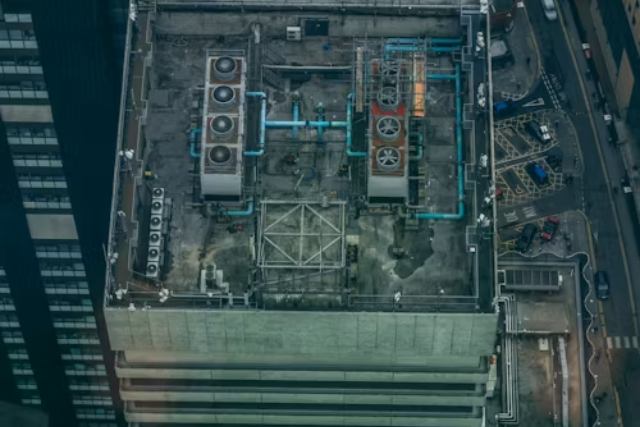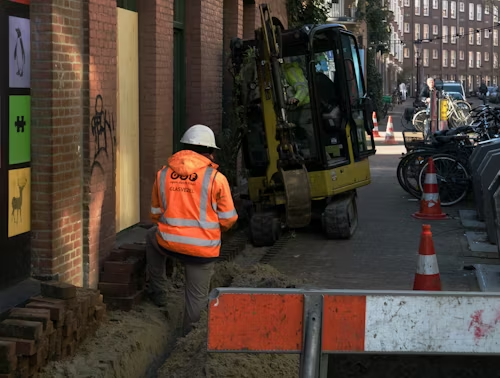
ALBANY, N.Y. — New York State is officially moving forward with its ambitious plan to require all new buildings to be fully electric — a first-of-its-kind statewide mandate in the U.S. The All-Electric Buildings Act, folded into the state budget more than two years ago, is now set to take effect after New York’s Fire Prevention and Building Codes Council gave final approval to embed the rules in the state’s building code last week.
The mandate means new construction in the state must not use fossil fuel-burning appliances or systems — no gas stoves, boilers, or oil heaters — with phased deadlines starting December 31, 2025.

“The move is set to make New York the first U.S. state to mandate new all-electric buildings,” the state has noted, positioning itself as a national leader in tackling building-related greenhouse gas emissions.
Buildings are a major climate change driver, accounting for about 32% of New York’s total greenhouse gas output, according to the New York State Assembly.
Under the new rules:
The law makes specific carve-outs, however. Existing buildings are not required to retrofit or switch to electric. Homeowners and landlords can continue repairing or replacing gas-powered stoves or furnaces in existing structures.
Certain new buildings are also automatically exempt:

Some industry groups and unions have pushed back, claiming the ban will raise housing costs and limit consumer choice. Just last week, the New York State Builders Association and other trade groups tried to block the law in court, but a U.S. District Court denied the challenge, clearing the path for implementation. The association has not said whether further legal action is planned.
The statewide rule complements New York City’s Local Law 154, which has already begun requiring most new city buildings to rely solely on electricity to meet carbon emissions goals. Together, these policies form a pillar of New York’s climate strategy to move toward a carbon-neutral economy by 2050.
Supporters argue that mandating new buildings to be all-electric is more cost-effective and climate-friendly than retrofitting them later. Builders will have to shift to heat pumps, electric water heaters, induction cooktops, and other alternatives that don’t burn fossil fuels on-site.
For developers and contractors, the countdown has started. Smaller residential projects breaking ground in 2025 must plan for all-electric systems to secure permits after December 31. Larger commercial developers will have until the end of 2028, unless their project type qualifies for an exemption.
Meanwhile, climate advocates are expected to keep pushing lawmakers to extend electrification rules to cover more types of buildings and renovations in the future.
New York is the first state to roll out an all-electric requirement statewide, but it may not be the last — several other states, including California and Washington, have advanced or proposed similar rules.
Originally reported by Andria Cheng in CoStar.